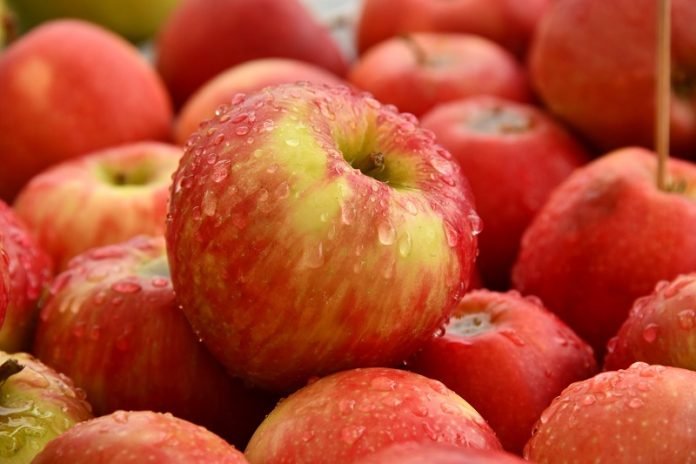
In a study from Niigata University and elsewhere, scientists found that a lower frequency of vegetable and fruit intake was linked to a higher risk of death regardless of chronic kidney disease (CKD) status.
They found potassium levels stratified by CKD stages were similar across the groups (according to the frequency of vegetable and fruit intake).
The findings suggest that eating vegetables and fruits every day may not be linked to an increased level of potassium.
It may reduce rather than increase all-cause death risk in people with CKD, as has been observed for people without CKD.
Previous research has found a higher fruit and vegetable intake is linked to a lower mortality risk in the general population.
In contrast, people with advanced CKD are generally discouraged from consuming high amounts of vegetables and fruits given the potential risk of hyperkalemia (too much potassium in your blood).
Recent studies suggest that a higher vegetable and fruit intake may be linked to lower death risk in adults with CKD.
In the current study, the team used data from a registry of the only major hospital on Sado Island, Japan.
They examined the association between the frequency of vegetable and fruit intake and all-cause mortality in non-CKD and CKD populations, and to determine if this association is modified by CKD.
Of the 2,006 patients who completed the self-reported questionnaire, the team found the frequency of vegetable and fruit intake decreased with the worsening CKD stage.
During a follow-up of about 6 years, 561 deaths were found.
The team found that compared with participants who ate vegetables and fruits every day, those who ate these sometimes and those who never or rarely consumed vegetables and fruits had a 25% and 60% higher risk of dying from any cause, respectively.
When stratified by CKD status, a similar dose-dependent link was found between the frequency of vegetable and fruit intake and all-cause death irrespective of CKD status.
These results suggest that the associations reported in previous studies from non-Asian countries are also observed in Asian populations.
If you care about nutrition, please read studies that cranberries could help boost memory, and how tea and coffee influence your risk of high blood pressure.
For more information about health, please see recent studies about plant nutrients that could help reduce high blood pressure, and these antioxidants could help reduce dementia risk.
The study was conducted by Minako Wakasugi et al and published in the Journal of Renal Nutrition.
Copyright © 2023 Knowridge Science Report. All rights reserved.



